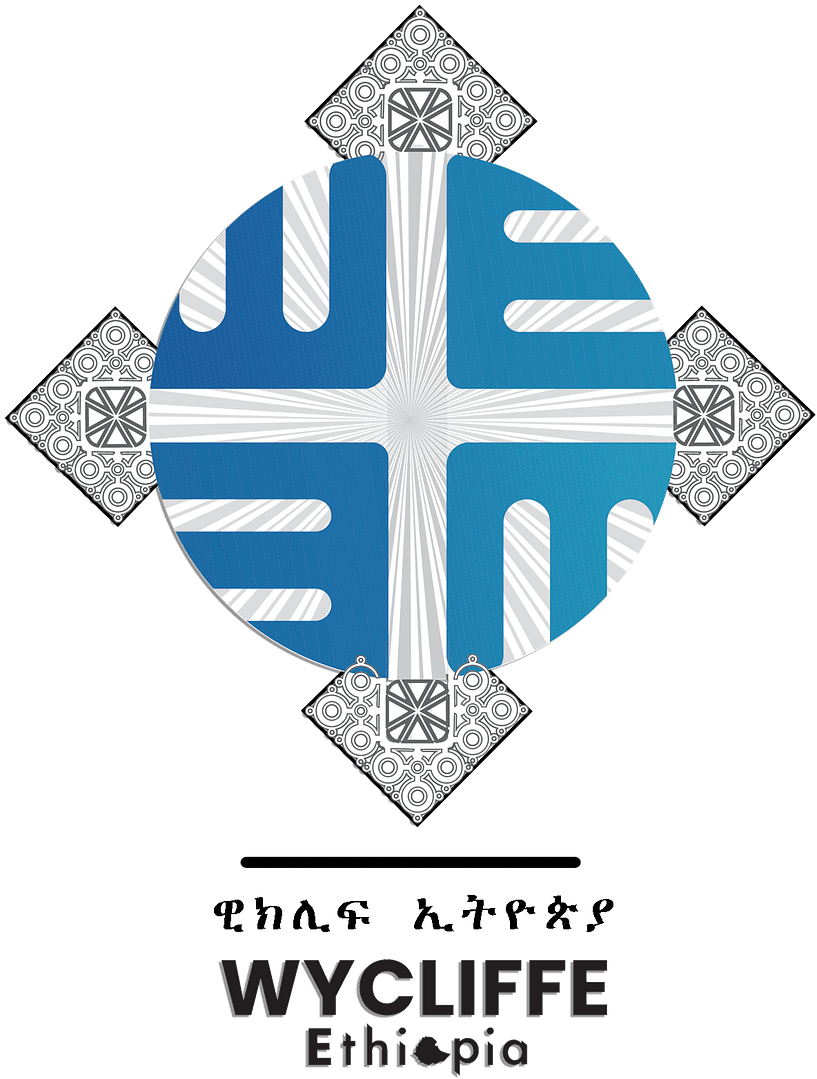Translation on a tree
There is no easy road when it comes to serving God and His Kingdom, and translation work is no exception. But for those
who endure hours reading the bible in one language and transferring it into the heart language of another, the rewards are
beyond verbal expression.
One such team is currently in the process of translating the bible from Amharic to the Tsaara language. The
procedure was never smooth sailing even from the start when one member of the group, Teshale Kebede, first heard about the
need for workers to complete the vital task of getting the bible into the T’sara language. Take, for instance), how members of
the team had to cross a river to start the project. The simple solution would have been to use a boat. Unfortunately, no one had
a boat. But this people group knows how to make one by sewing goat skin together, covering it with honey, and filling the
now waterproof material with air. There were paddles, but the men were too heavy to all get on simultaneously, so one person
hugged the newly formed flotation device while paddling with his legs, then another member of the team hung onto him
upside-down.
Once they had crossed the river and reached their office, the work of translation began. Usually, the process has a degree of
predictability when the translators meet with their consultant and discuss the meanings of suitable words and phrases.


But what happens when the Ethiopian Government imposes traveling restrictions due to crises like war, COVID, or other
issues? Those travel prohibitions were imposed on the team when going through the book of Acts and Matthew 1 – 18. They
couldn’t meet in person, so once again, the team members didn’t let obstacles get in their way and found another ingenious,
creative solution. They started trying to communicate by phone with their consultant, but the place where they worked had
poor network. So Teshale took his phone to the top of a tree while the other two translators sat at the bottom with their
computers. They read the drafted sentences aloud, so the Teshale up in the tree could relay the information over the phone to
their advisor. Their advisor then gave comments over the phone, and the one in the tree yelled the suggestion down to his
colleagues, who then made the necessary corrections. This process would go on, one verse at a time, until they finished all of
Acts and 18 chapters of Matthew.
Teshale reports how, beside the T’sara Bible translation, also a church-based literacy program was brought to his community. He says, “People used to be afraid of reading and writing, because of discrimination of the T’sara language. Children could not learn it because it was not being taught in schools. Now through this ongoing Church-based literacy program, at least adult Tsaara are learning to read and write in their language.” No longer will T’sara speakers feel like “second-rate” citizens of Ethiopia as they can now start to read the Bible in their heart language. Teshale wants us to remember the ongoing translation process in our prayer as they continue to work through the New Testament and then the whole Bible. He desires for his village to have access to good healthcare, clean water, electricity, and also mother tongue education for Tsaara primary school children.
Teshale reports how, beside the T’sara Bible translation, also a church-based literacy program was brought to his community. He says, “People used to be afraid of reading and writing, because of discrimination of the T’sara language. Children could not learn it because it was not being taught in schools. Now through this ongoing Church-based literacy program, at least adult Tsaara are learning to read and write in their language.” No longer will T’sara speakers feel like “second-rate” citizens of Ethiopia as they can now start to read the Bible in their heart language. Teshale wants us to remember the ongoing translation process in our prayer as they continue to work through the New Testament and then the whole Bible. He desires for his village to have access to good healthcare, clean water, electricity, and also mother tongue education for Tsaara primary school children.
